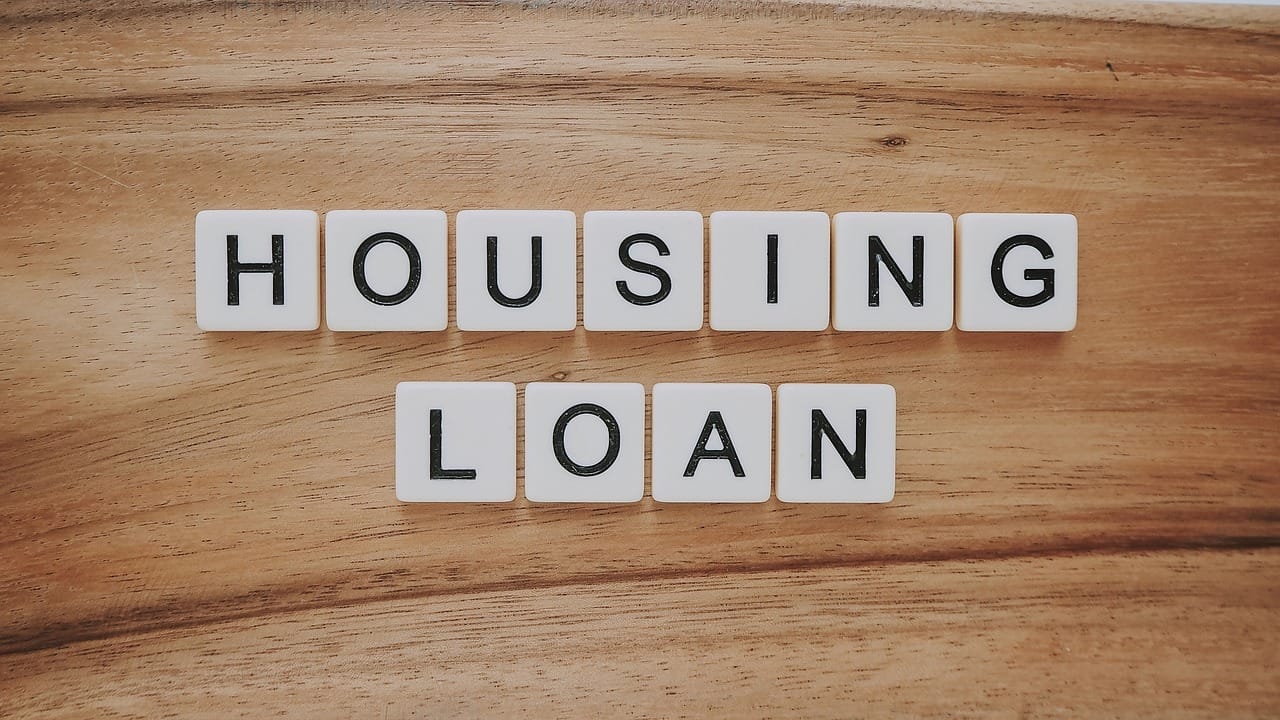- Cash Flow U Chronicles
- Posts
- Homeownership Made Easy
Homeownership Made Easy
Smart Money Moves to Buy Your Next House

Empowering You 4 Innovative Cash Flow Ideas!
Homeownership 101
Buying a house is a big deal and can be pretty exciting! But it’s also important to understand the money side of things before you jump in. Here’s a simple guide to help you get ready for buying a home without the stress.

1. Figure Out Your Budget
Before you start looking at houses, you need to know how much you can afford. This means checking your income, savings, and current bills. Here’s what to think about:
Down Payment: Usually, you need to put down 20% of the home’s price. Some loans let you put down less, but make sure you have enough saved up for this plus any extra costs like closing fees.
Monthly Payments: Use an online mortgage calculator to see what your monthly payments will be based on the loan amount, interest rate, and loan length. Make sure these payments fit comfortably in your budget, along with other costs of owning a home.
2. Know Your Loan Options

There are different types of mortgage loans, each with its own pros and cons:
Fixed-Rate Mortgage: This loan has a steady interest rate and payments that don’t change over time. It’s easy to budget because you know exactly what you’ll pay each month.
Adjustable-Rate Mortgage (ARM): This loan’s interest rate can change now and then, so your payments might go up or down. It often starts with a lower rate but could become more expensive if rates increase.
3. Plan for Extra Costs
Buying a house isn’t just about the price of the home. You’ll need to budget for:
Closing Costs: These are fees for finalizing the purchase, like loan fees, appraisal costs, and title insurance. They usually range from 2% to 5% of the home’s price.
Property Taxes: These taxes depend on where you live and how much the home is worth. They can be a big part of your monthly costs, so make sure to include them in your budget.
Homeowners Insurance: This insurance protects your home and stuff from damage. It’s usually required by lenders and can be a significant part of your monthly expenses.
4. Think About the Future

Buying a home is a long-term commitment, so consider how it fits into your overall financial plan:
Future Income and Expenses: Think about how your money situation might change. Will you be able to handle the mortgage if your income goes down or if you have new expenses?
Home Equity: As you pay off your mortgage and your home’s value goes up, you build equity. This could help with future financial goals, like selling the home or using the equity for other investments.
5. Get Pre-Approved for a Mortgage
Before you start house hunting, get pre-approved for a mortgage. This means a lender will look at your finances and tell you how much they’re willing to lend you. Pre-approval helps you know your budget and shows sellers that you’re a serious buyer.
Conclusion
Buying a home is a big step, but with some smart planning, you can make it easier. By figuring out your budget, understanding your loan options, planning for extra costs, thinking about your future, and getting pre-approved, you’ll be ready to find the perfect home for you.